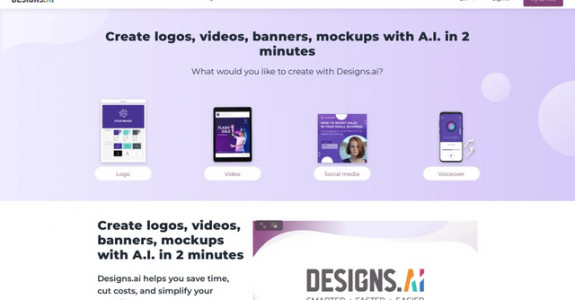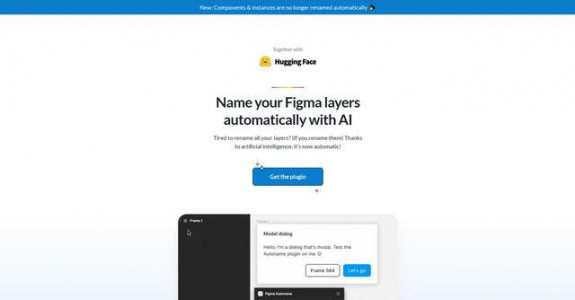Design AI Tools
Find the AI Tool or AI Product you're looking for among 2 results from the category - Design AI Tools.
Recently added AI toolsLearn more about Design AI Tools
Design AI tools are software programs that assist designers and other creative professionals in their work by using machine learning and artificial intelligence (AI) algorithms. These technologies are made to assist in automating and improving various stages of the design process, including ideation, prototyping, testing, and optimization. The application of AI in design has increased significantly in recent years as designers and design organizations want to increase productivity, save costs, and produce more inventive and user-friendly products. Designers may use AI technologies to evaluate massive volumes of data, develop insights, and build predictive models to guide their design choices. The capacity of AI technologies to support the ideation stage is one of the main advantages of employing them in design. By leveraging algorithms to suggest novel and surprising thoughts based on trends in existing data, AI-powered ideation tools may assist designers in swiftly generating and exploring a huge number of ideas. This can aid designers in getting through creative roadblocks and generating new concepts that they would not have otherwise thought of. The prototype and testing stages of the design process can benefit from AI tools as well. Designers may, for instance, utilize AI-powered prototyping tools to develop high-fidelity prototypes of their designs, which can then be evaluated and improved in real-world circumstances using AI-powered simulations. Before devoting major resources to production, this can assist designers in identifying possible usability concerns and helping them make wise design decisions. Lastly, the design process itself may be optimized using AI techniques. Designers may improve their designs and make them better at accomplishing their intended goals by evaluating user data and behavior with AI-powered optimization tools. Ultimately, design AI technologies have the potential to alter the way that designers operate by automating repetitive processes, fostering innovation, and assisting designers in reaching better informed judgments. As AI develops, a wider variety of AI-powered design tools should appear, giving designers hitherto unheard-of levels of support and help.

